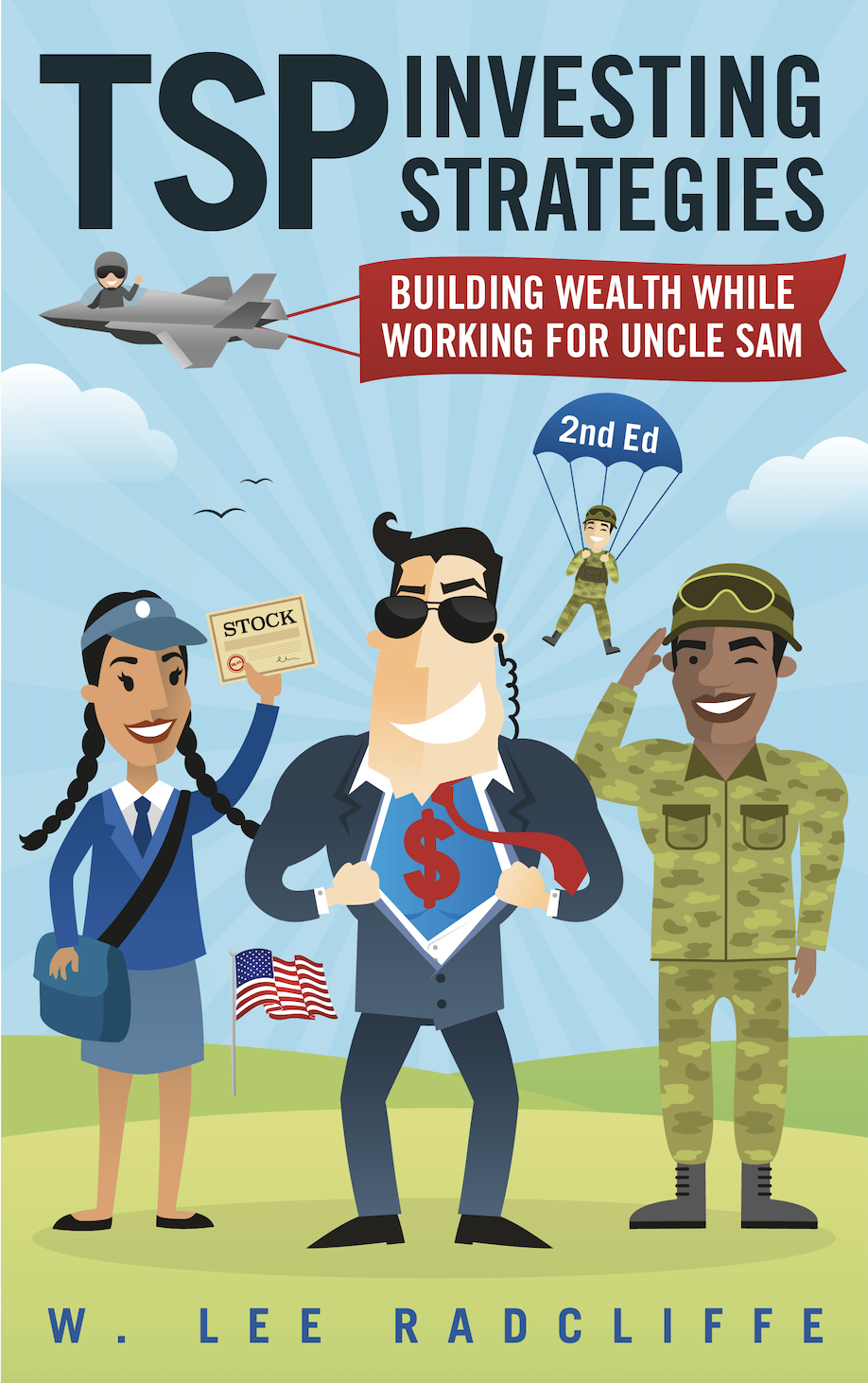Kicking the Can Down the Road, or Kicking the Kid Stuck With the Can Walking Down the Road?
December 17, 2013
All the discussion about the recent budget compromise has focused on the cuts to Cost of Living Adjustments (COLAs) mandated for recent military retirees going forward. Under the budget compromise, military retirees under the age of 62 will face a COLA equal to the Consumer Price Index minus one percent.
But what of the new govies who, hired in 2014 and thereafter, will have to contribute still more of their pay to retirement contributions? As expected, in the name of compromise, their contributions will rise to a whopping 4.4% of salary – an increase of 1.3% over the just-increased FERS-RAE rise to 3.1% for those hired this year.
I heard one pundit say this didn’t matter, since this is a “prospective” measure. In other words, it doesn’t impact current FERS workers, who will continue to pay a miniscule 0.8% of salary if hired before 2013. (Agencies, in contrast, paid 11.9% for each FERS participant into the pension system in 2012 in addition to Agencies’ 6.2% contribution to Social Security and up to 4% matching contributions to TSP.)
But that is exactly the problem. Already new hires this year have to pay four times in retirement contributions compared to longer-serving feds.
Lucky us, those of us who are longer-serving Feds may think, we dodged a bullet!
There is no denying that the amount taxpayers have had to pay for federal government retirement has steadily increased over the past number of years, while individual contributions have remained unchanged at 0.8% until this year.
There is also no denying that we are enjoying longer and healthier lives, while still being able to leave government service with an immediate pension at a very generous age. Afterall, how many other professions support their workers financially when leaving the workforce in their 50s?
So how is it fair that young 20-somethings are now on the hook to pay a far greater share out of their relatively meager paychecks for the retirements for those in their 50s and older? And as we face the prospect of future budget “compromises,” these new Feds will be impacted the most, as FERS Special is perhaps reduced or abandoned in the name of compromise, for example, and minimum retirement ages will certainly be increased prospectively.
Not only are new Feds on the hook for a greater share of all of our retirements, they also face picking up the tab for the Social Security and Medicare systems that are rapidly going broke. As the system currently operates, these 20-somethings will not be able to collect anything like the Social Security and Medicare benefits currently promised to retirees (I’ll go out on a limb to suggest they won’t even see the 75% pay-out rate by that point that some suggest will still be available decades from now…).
So what does this have to do with the TSP? The more that new hires have to contribute to the retirement system (and perhaps at a later date to Social Security and Medicare, since required worker contributions to these programs have increased multiple times since they were first implemented in the 1930s and 1960s respectively), the less they have to spare for TSP contributions.
This means that as older feds begin withdrawing their more substantial six- or even seven-figure funds from their TSP accounts after they retire or move on to new jobs – over 40% of TSP participants are in their 50s or older – newer feds will be less able to make up the difference because of the substantial amount that goes to the pension system. And since we all pay to maintain the TSP out of our own TSP funds, less money in the TSP means those of us remaining will have to pay relatively more for TSP services.
Ultimately, it’s a matter of fairness. Either we are all on the hook to pay more out of our own pockets to pension contributions, or we are not.
Do I want to pay more out of my own salary? No, I don’t. But I certainly don’t want that 20-something fed in the cube next to me who is just out of school to be paying a drastically higher portion of his or her much lower salary to fund the retirement system for workers in the twilight of their career, many of whom earn six-figure salaries and pay next to nothing to fund their own retirements.
That is just not fair.
But these are the discussions we will have to have with ourselves as we confront the ever-increasing costs of promises made decades ago. At some point – perhaps when those 20-somethings reach their 30s and 40s, perhaps sooner – we as a nation might not be in a position to honor those promises. And as we have seen, promises can sometimes be, well, shall we say, tweaked?
To be sure, unlike local and state pensions, the federal pension system isn’t bankruptable. But while promised benefits themselves will continue to be paid, what of COLAs? Future generations could transition them to a COLA-light formula not unlike that proposed for military retirees under the age of 62 (most of whom, let’s be honest, continue to work in second and third careers). Could COLAs be reduced even more, or could future Federal Reserve officials stoke greater inflation to inflate our way out of our debt problems while capping COLAs at a lower rate?
After a couple of years, retirement benefits can be effectively reduced without touching them.
Those kids stuck holding all the cans down the road might just crumple them up and toss them back at us, and who could really blame them?
Related topics: debt